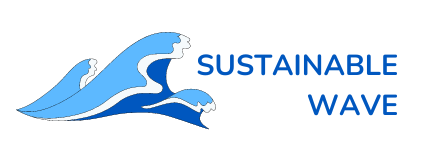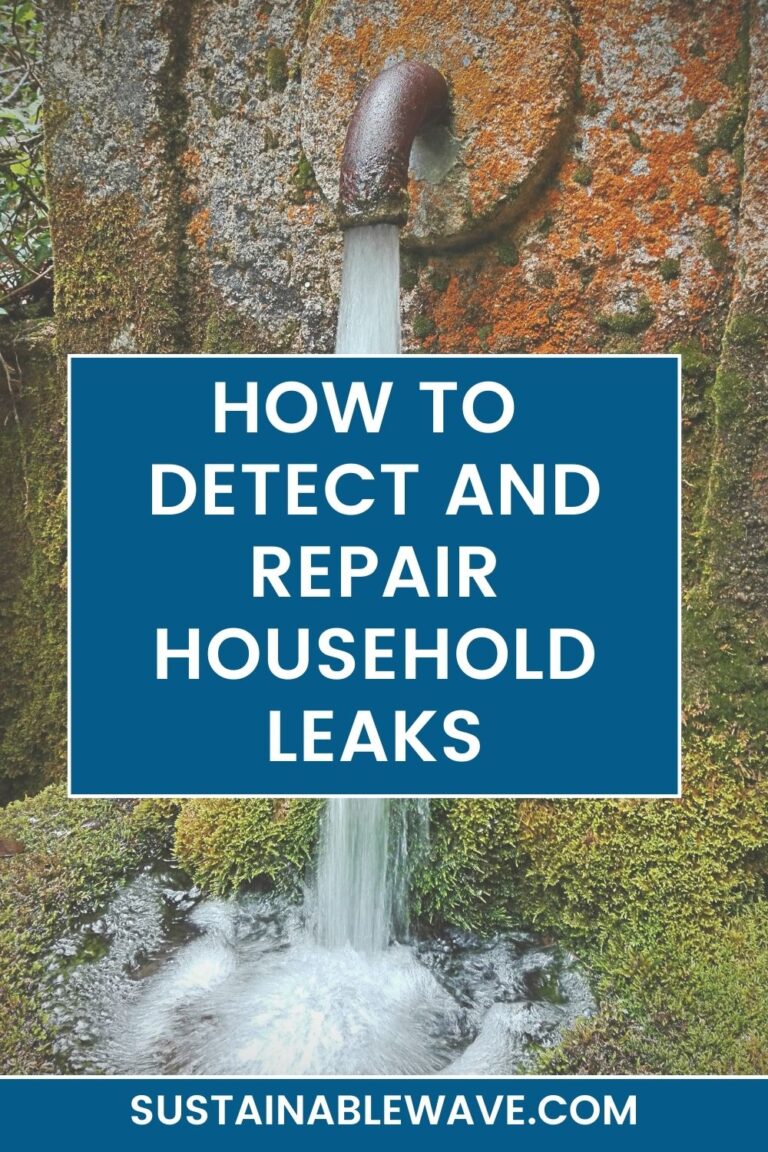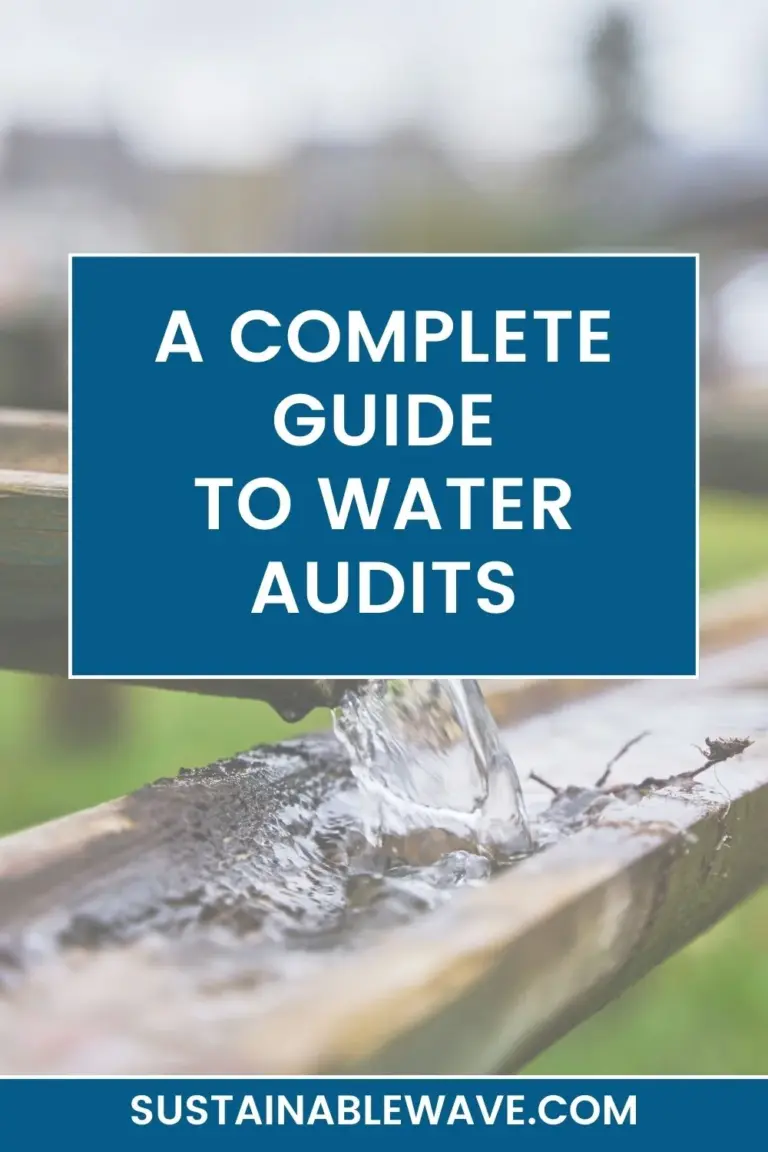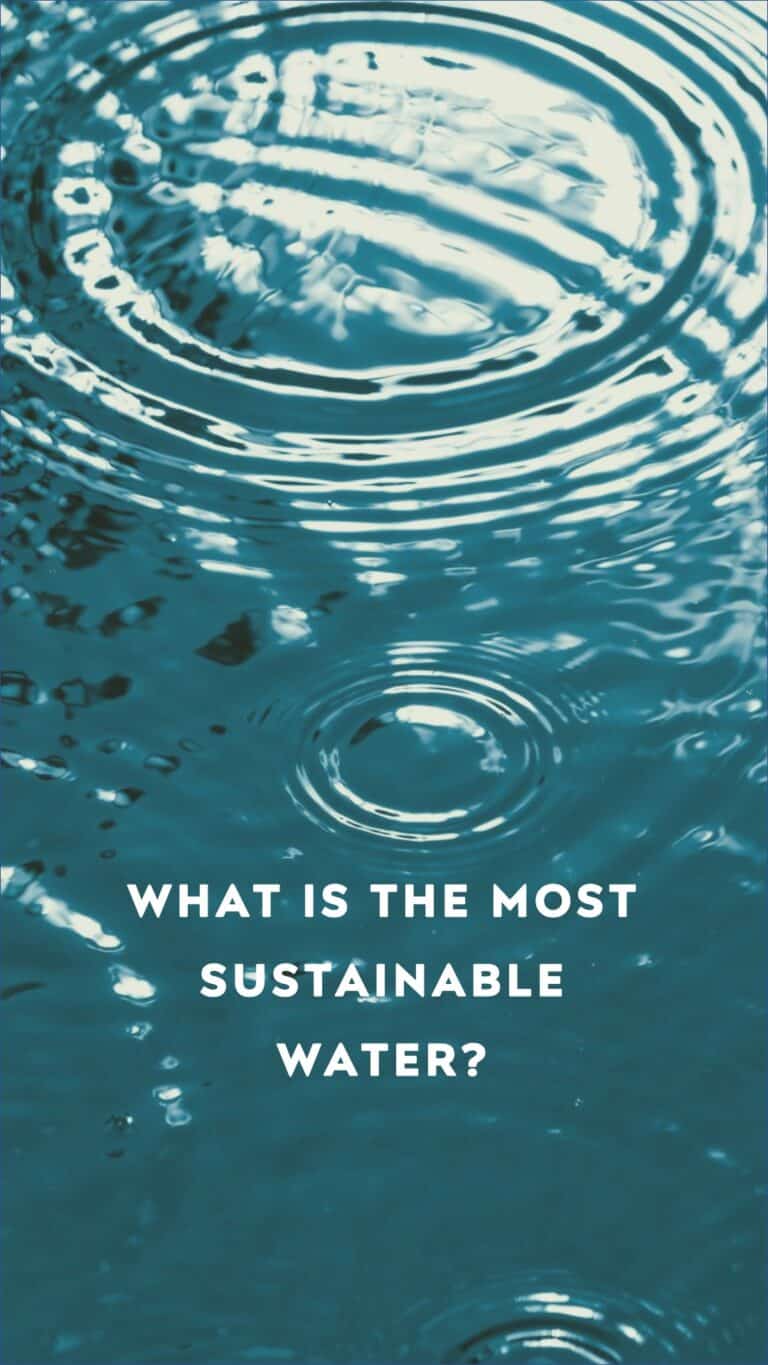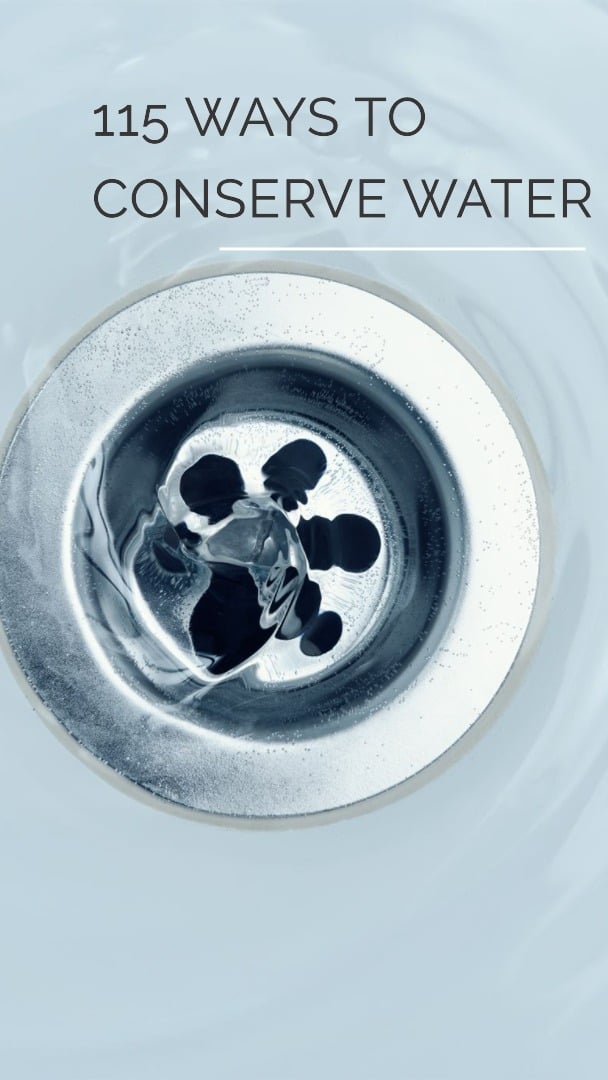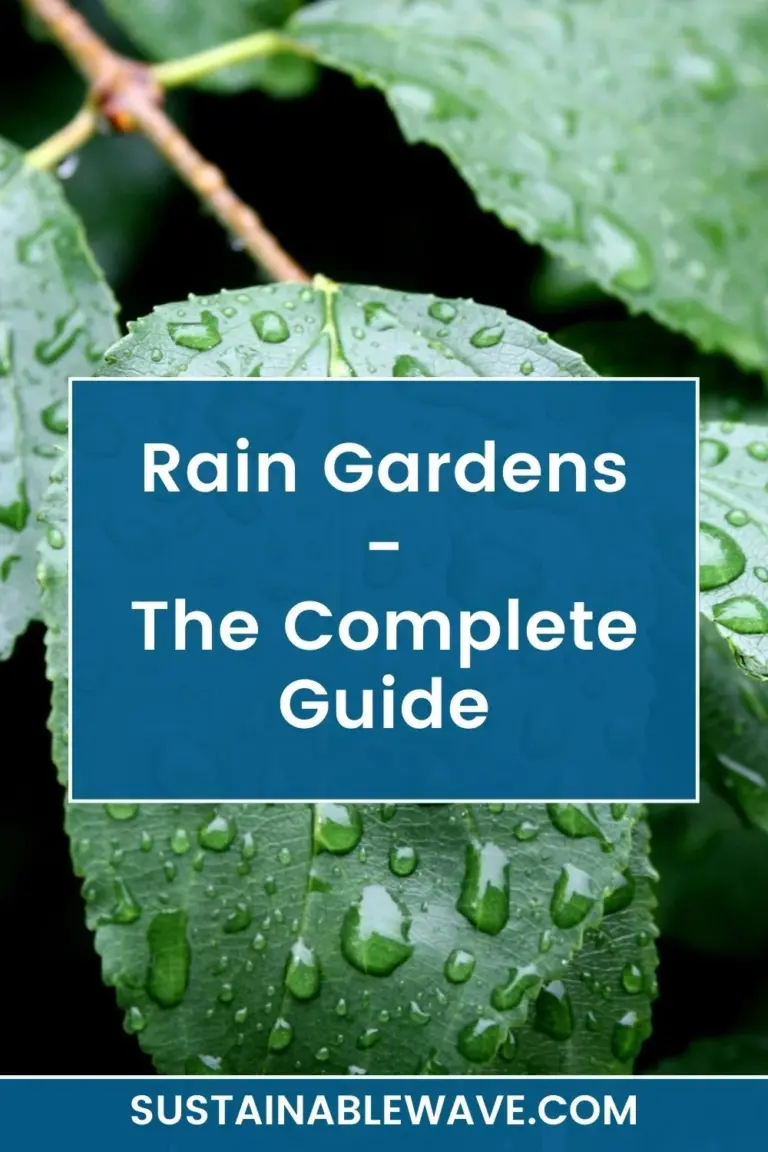Water, the lifeblood of our planet, is rapidly becoming a scarce resource. While the statistics are alarming, the solution starts right at our homes.
Ways to save water include monitoring your water consumption, fixing leaky faucets, upgrading to water-efficient appliances, using water consciously in daily activities, educating about water conservation, and installing water meters.
But there’s more you can do, so what are 20 ways to save water? Let’s dive right in!
Understand Your Water Usage
Do you have any idea how much water you use daily? The first step towards conservation is awareness.
Monitor your consumption and look for areas where you can make improvements.
There are numerous apps and online tools that can help you track your water usage and make the necessary changes.
Fix Leaky Faucets
Drip. Drip. Drip. The steady drip of a leaky faucet isn’t just annoying—it’s a serious water waster.
Never underestimate the impact of a continually dripping faucet.
What seems like minor drops can accumulate to a staggering amount of wasted water over time, as one drip per second can waste up to 5 gallons of water a day.
Therefore, promptly fixing leaky faucets should be high on your priority list. So get that wrench and tighten things up!
Use Water-Saving Showerheads
A long, hot shower can be therapeutic, but it’s not so great for your water consumption.
A typical showerhead uses about 2.5 gallons per minute.
Switching to a low-flow showerhead can cut that in half without compromising the quality of your shower.
Install a Low-Flow Toilet
Your old toilet is a water hog.
Modern, low-flow models use just over half the amount of water per flush, saving you money and conserving our precious resources.
It’s an upfront investment that will pay off through lower water bills and a greener planet.
Don’t Let the Tap Run
Do you let the tap run while you’re brushing your teeth or washing dishes? It’s time to break that habit.
Breaking this habit and only turning the tap on when necessary can lead to substantial water savings.
It’s a simple change that can make a big difference.
Use Your Dishwasher Efficiently
Most modern dishwashers are more water-efficient than washing dishes by hand.
But to get the most out of your machine, make sure to load it fully before running it.
Water Your Garden Wisely
Timing is everything when it comes to watering your garden.
The best time to water plants is early morning or late evening when the sun’s intensity is lower.
This helps minimize evaporation and ensures your plants get the hydration they need.
Use a Rainwater Collection System
Install a rainwater collection system to capture and store rainwater.
This water can be used for various purposes, like watering your garden or flushing toilets, reducing your reliance on municipal water supplies and encouraging sustainable living.
Install a Greywater System
A greywater system reuses wastewater from your home, such as from showers, sinks, and washing machines, to water your garden.
This not only conserves water but also lowers your water bill by making use of a resource that would otherwise go to waste.
Load Your Washing Machine Correctly
Just like your dishwasher, your washing machine should only be run when it’s fully loaded.
Half-loads use more water relative to the amount of laundry being washed, so wait until you have a full load before starting a wash cycle.
Invest in Water-Efficient Appliances
From dishwashers to washing machines, today’s appliances are designed with water conservation in mind.
If your appliances are old, consider replacing them with energy star-rated models.
Sweep, Don’t Hose
It might be tempting to use a hose to clean your driveway or patio, but this method uses up an enormous amount of water.
Instead, opt for a good old-fashioned broom to sweep away debris.
It’s just as effective and far more water-efficient.
Install a Pool Cover
If you own a swimming pool, investing in a pool cover can significantly reduce water loss due to evaporation.
It’s a simple step that can save gallons of water each day, making your pool more environmentally friendly.
Reuse Your Cooking Water
Don’t pour out the water you use for boiling pasta or vegetables.
Instead, allow it to cool and then use it to water your plants.
It’s a great way to reuse water and provide your plants with some extra nutrients at the same time.
Teach Kids the Importance of Saving Water
Kids are the future stewards of our planet.
Teaching them about the importance of saving water can instill good habits that will last a lifetime.
From turning off the tap while brushing their teeth to using water wisely while playing, there are many lessons to impart.
Don’t Overwater Your Lawn
It’s a common misconception that lawns need to be watered daily.
In reality, overwatering can make your lawn less resilient and lead to unnecessary water consumption.
A good rule of thumb is to provide one inch of water per week, including rainfall.
Choose Drought-Tolerant Plants
There are numerous plants that thrive with minimal watering.
Consider planting drought-tolerant varieties in your garden to save water.
This change can dramatically decrease your outdoor water usage and enhance the beauty of your garden simultaneously.
Check Your Plumbing for Leaks
Regularly inspect your home for leaks. A small leak can waste a significant amount of water over time.
If you notice a spike in your water bill, it might be time to call a plumber.
Install a Water Meter
A water meter can be a valuable tool for managing your water usage.
By providing real-time data on water consumption, it can help you identify wasteful habits and keep track of your water-saving efforts.
Some water utilities even provide them free of charge.
Be Water Conscious
Finally, one of the most effective ways to save water is simply being mindful of it.
Every time you turn on a tap, consider whether you’re using water efficiently.
From taking shorter showers to reusing rinse water, always be on the lookout for ways to conserve water in your daily life.
Conclusion on What Are 20 Ways to Save Water
Water is a precious resource that we need to conserve for future generations.
Implementing these 20 ways to save water can help you do your part in preserving this invaluable resource.
Sources
- Environmental Protection Agency (EPA) – WaterSense
- Water Use It Wisely
- United States Geological Survey (USGS) – Water Science School
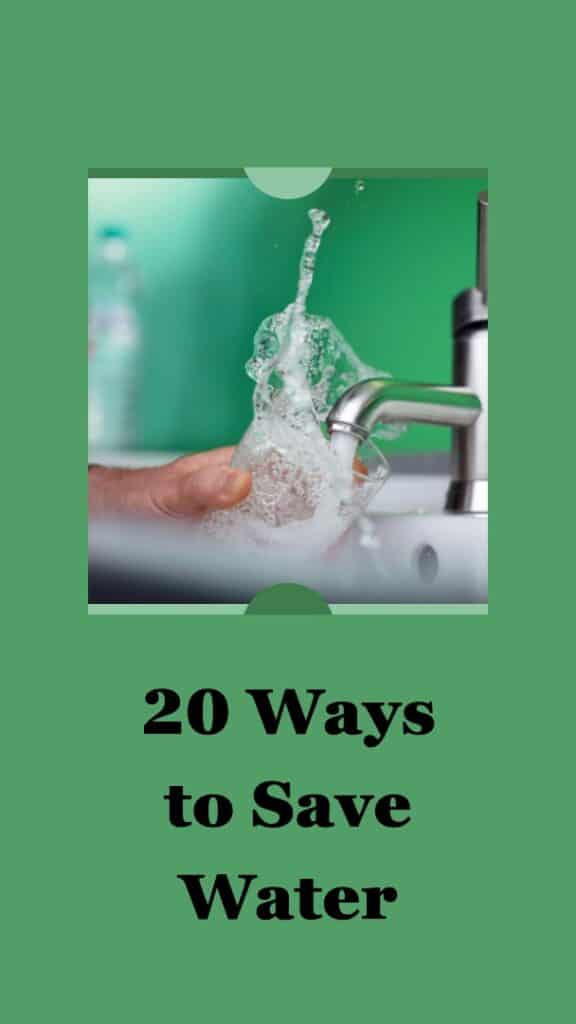
I’m Thomas, the owner of SustainableWave. Passionately promoting a sustainable planet. With experience in various eco-roles, I’ll share green tips, sustainability hacks, and personal eco-journeys on my blog.
